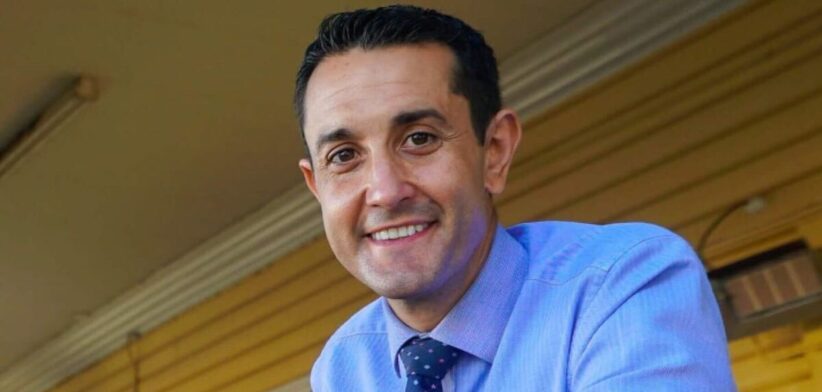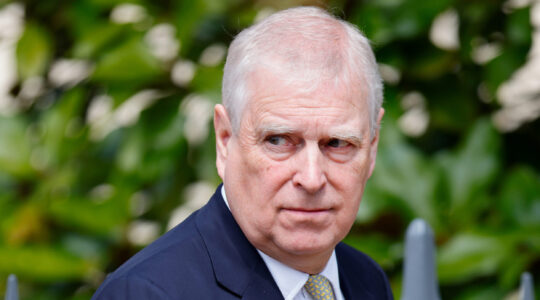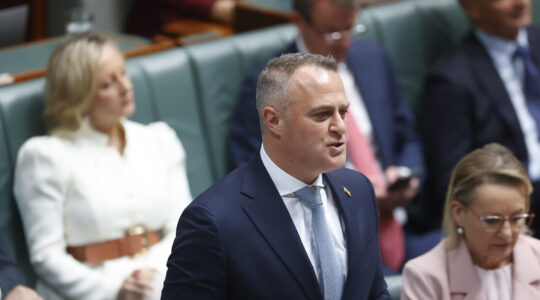By Shane Rodgers
There are plenty of ways to interpret the Queensland State Election result.
One is that the LNP squandered a potential landslide win because of a lacklustre campaign, and Labor ran a better one.
Another is that there was never really going to be a landslide. We were always headed for an orderly change of government with swinging voters or electorates with particular issues swapping sides because it was time for a change.
In Queensland, we have become a bit accustomed to landslides with the herculean win (2012) and loss (2015) of the Newman government. In reality, two-party preferred wins more often are close even when the polling might seem more extreme.
Watching the results come in on Saturday night, my overwhelming feeling was that nobody much in the electorate was excited about anything. It was like everyone was given a voucher for Christmas but there was nothing much they wanted to buy.
In the months leading up to the poll, Labor had all the stench of a tired, long-term government going through a closing down sale.
The LNP seemed obsessed with not losing a “drover’s dog” election and played it very safe with an on-repeat message about crime, home ownership, ambulance ramping and cost of living.
The result was an agenda from both sides that stuck to the script on the four or five dominant poll-driven “today” issues – and was monumentally uninspiring when it came to the state’s future.
The campaigns from both sides suffered from being about management rather than leadership.
Leadership is about doing the right things, having the right agenda. Management is about doing things right.
At the pointy end, the LNP was really focussed on convincing the electorate that it would be better at doing things right. Labor was mostly focussed on helping people to manage their budgets by giving them cheap trains and ham sandwiches in school, hoping something real and tangible aimed directly at the hip pocket could turn the tide.
The election came down to whether we thought Team A or Team B would manage the issues of the hour better. The polls suggested Team A had run its course. Most people were ready to swap to Team B.
But Saturday’s result suggested many people were not brimming with excitement about the prospect.
What was really lacking was a big picture leadership agenda at a time when the world is changing rapidly. Are we actually doing the right things to shore up our future?
That doesn’t mean you don’t have a plan for crime, health, cost of living etc. It just means people are looking to be inspired as well.
Do we have a dream? How can we be the greatest democracy in the world? What are we going to be world class at? What does energy diversification mean for our regions? What skills will our kids need? Are we across the AI revolution? Cheap trains are great but how can we make our cities more functional and connected?
And eight years out and counting, can we inspire the world and transform Queensland with the best Olympics ever or are we just going to squabble over a few lousy billions on stadiums that can be repaid over and over if we get it right?
Both sides were guilty. The LNP set out to be a small target. Labor has had a lot of years to get the plan right. It is hard to expect a new mandate after 10 years if you don’t have a fresh-looking, bold plan to take us forward, beyond standing on your record and hip-pocket giveaways.
Curiously, with so little obvious enthusiasm for the big players, you might have expected the minor parties to do better. Globally there is a trend towards coalitions of parties rather than just a change of major blocks every couple of elections.
Outside of perhaps the party wanting to legalise cannabis, the smaller parties had little to celebrate. Nobody was very excited about them either.
The Katters did their usual good job of turning a two percent statewide vote into actual seats but fell short of holding the balance of power. One Nation made its quota in the likely-suspect seats without actually winning one.
The Greens took a beating and failed to capitalise on the inner-city momentum of the last federal election. They will need to do some soul searching. Are they a party of broad policies with an ambition to be part of future government, or are they effectively a single issue “conscience” party that exists to pressure policy change to address environmental issues?
Similarly, the LNP needs to look carefully at the big city vote and why its policy settings are not resonating. Even a Labor government on the nose managed to hold onto most of its metropolitan seats when the swing was on. It is hard to hold onto government when you rely on winning nearly all the regional seats to reach a majority.
This highlights the other stark outcome from this election. Brisbane and the regions have vastly different mindsets and agendas. The gulf in political terms is now so pronounced it has trappings of the north-south divide in the United States that is proving so divisive, and even destructive.
The other thing we need to remember is that the campaign is over. We have a new government with a mandate and a four-year term. Let them govern.
The tendency to treat government as an ongoing election campaign does nothing to encourage courageous long-term decisions or address tough issues.
David Crisafulli now leads a government charged with governing for all Queenslanders.
There is much to be done. Let’s let him get on with it.
Shane Rodgers is Publisher of Newsreel. He is a former political journalist and State Head of Australian Industry Group.








